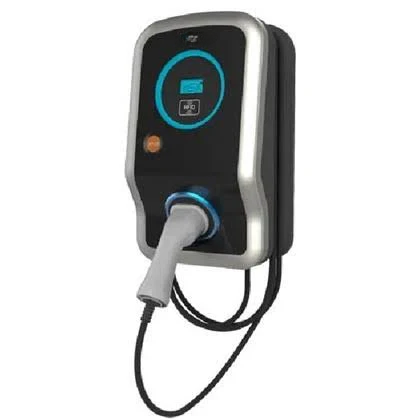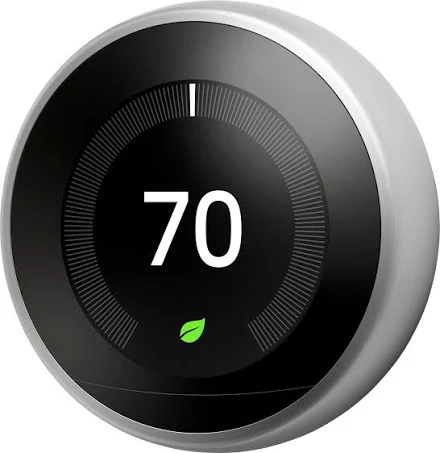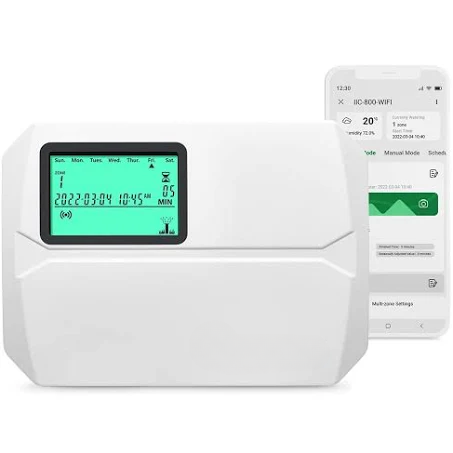Description
Choosing an electric vehicle (EV) charger involves considering several key factors to ensure efficient charging at home or commercial charging stations. Here are essential features and considerations when selecting an EV charger:
Key Features to Consider:
- Charging Speed:
- Level 1 Chargers: Standard household outlets (120V) provide slow charging, typically adding about 4-5 miles of range per hour.
- Level 2 Chargers Require a dedicated 240V circuit and offer faster charging. Depending on the charger’s power output, they can offer 15 to 60 miles of range per hour.
- Power Output (kW):
- A higher kW rating results in faster charging. Standard Level 2 chargers range from 3.3 kW to 11 kW, with higher-powered models up to 22 kW or more for commercial use.
- Connector Type:
- SAE J1772: Standard connector for most electric vehicles in North America.
- Tesla Connector: For Tesla vehicles, adapters are available for compatibility with other EVs.
- Combo (CCS): Combined charging system that many European and North American automakers use for fast charging.
- Compatibility:
- Ensure the charger is compatible with your electric vehicle model and its charging specifications (e.g., maximum charging rate supported by your vehicle).
- Smart Connectivity:
- Wi-Fi or Cellular Connectivity: Allows remote monitoring, scheduling, and control via smartphone apps or web interfaces.
- Smart Home Integration: This refers to compatibility with smart home platforms like Alexa, Google Assistant, or Apple HomeKit for voice control and automation.
- Safety Features:
- Overcurrent Protection: Prevents electrical overload and overheating.
- Ground Fault Circuit Interrupter (GFCI): Protects against electrical faults.
- Weatherproofing: Suitable for indoor or outdoor installation with protection against water and dust (if applicable).
- Ease of Installation:
- Consider professional installation requirements, especially for Level 2 chargers requiring electrical upgrades.
- DIY-friendly installation options with clear instructions and compatibility with standard electrical wiring.
- Energy Efficiency:
- Chargers with high-efficiency ratings reduce energy waste and operating costs.
Types of EV Chargers:
- Level 1 Chargers: Basic chargers that use a standard 120V outlet.
- Level 2 Chargers: Faster chargers that require a dedicated 240V outlet, suitable for home installations.
- DC Fast Chargers (Level 3): Rapid chargers for public use, capable of charging most EVs to 80% in 30 minutes or less.
Popular EV Charger Brands:
- ChargePoint: Offers a range of Level 2 and DC fast chargers with networked capabilities for residential and commercial use.
- Tesla Wall Connector: Explicitly designed for Tesla vehicles, offering high power output and integration with Tesla’s ecosystem.
- JuiceBox: Provides bright, Wi-Fi-enabled Level 2 chargers with app-based controls and compatibility with various EV models.








Reviews
There are no reviews yet.